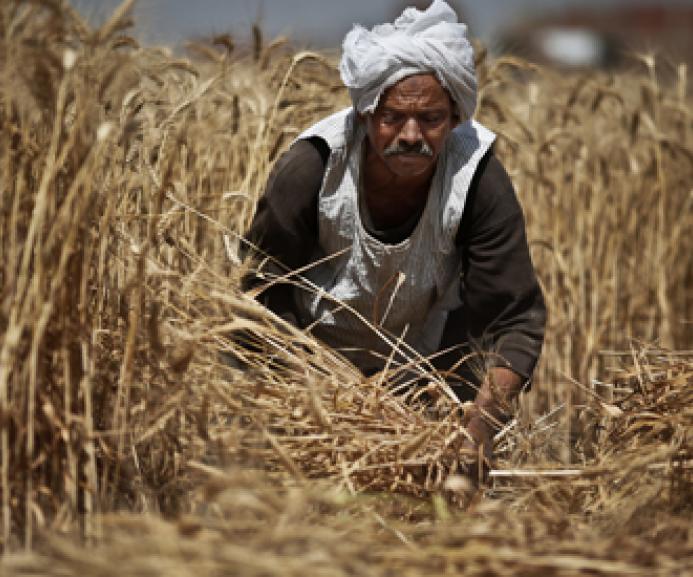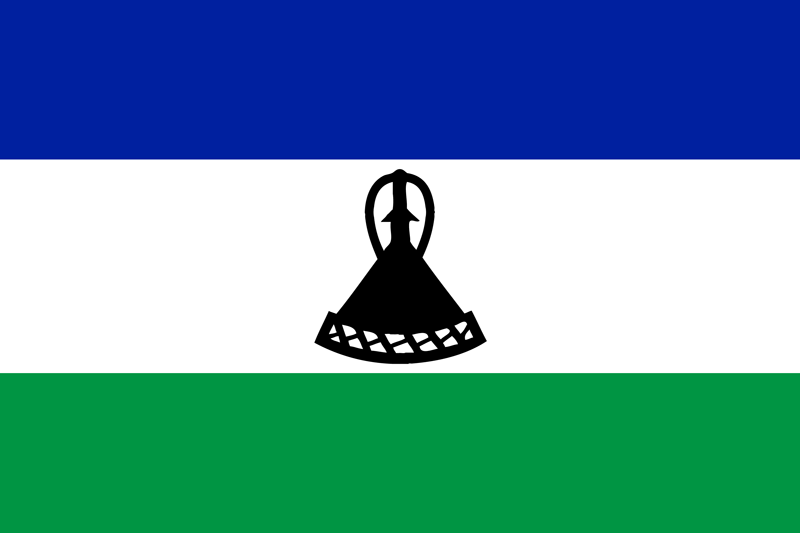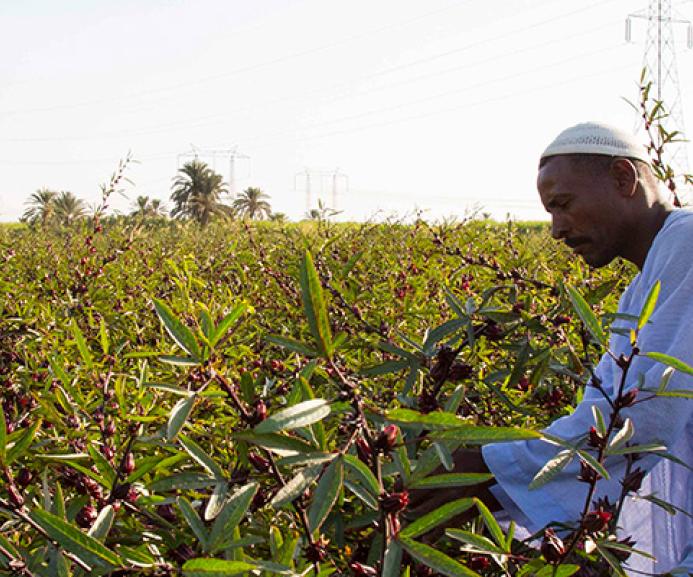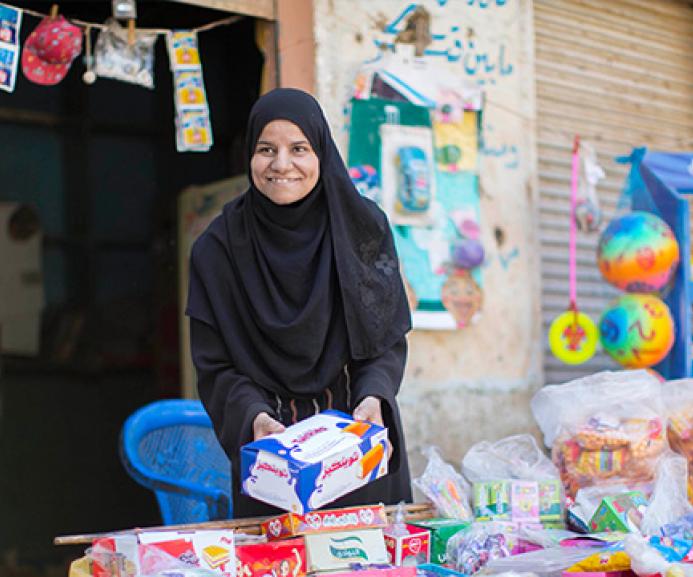
The GoE prioritizes rural development and rural transformation as a critical thematic sector to its sustainable development strategy. Precisely, building resilience and assuring livelihood support to the marginalized majority by scaling up rural development, will translate to a more widespread and inclusive growth, steadily narrowing down the poverty gap.






